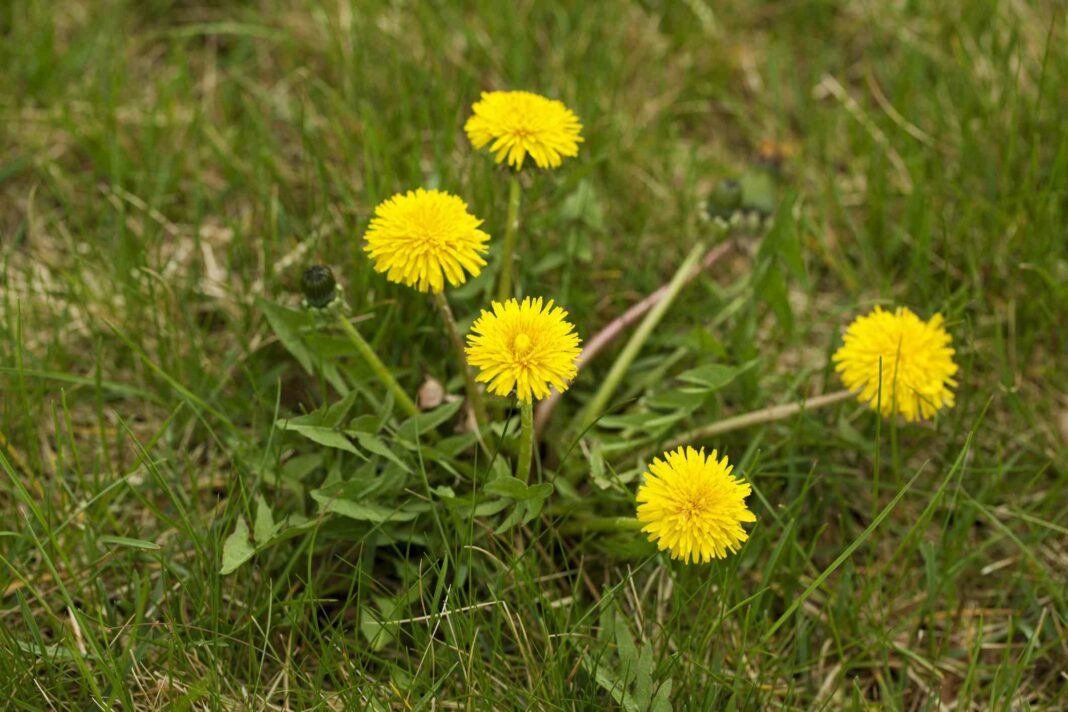Put Down the Weed Killer—4 Things You Need to Know That Could Help Your Lawn
Introduction
Having a lush, green lawn is a goal for many homeowners. However, achieving that perfect lawn can be challenging, especially when faced with the persistent problem of weeds. While weed killers may seem like a quick fix, there are alternative methods that can help your lawn thrive without the use of harmful chemicals. In this article, we will explore four things you need to know that could help your lawn without resorting to weed killers.
1. Proper Lawn Care
The first step to a healthy lawn is proper care. This includes regular mowing, watering, and fertilizing. By maintaining the correct height for your grass, watering deeply but infrequently, and fertilizing appropriately, you can promote strong, healthy grass that can outcompete weeds. Additionally, aerating your lawn can help improve soil compaction and allow nutrients to reach the roots more effectively.
2. Weed Prevention
Preventing weeds from taking over your lawn is key to maintaining its health. One effective way to prevent weeds is to overseed your lawn. By overseeding with the appropriate grass species, you can thicken your lawn and prevent weeds from establishing themselves. Mulching your grass clippings can also help to suppress weed growth by providing a barrier to their seeds.
3. Natural Weed Control
If weeds do start to invade your lawn, there are natural methods you can use to control them. Hand-pulling weeds is a labor-intensive but effective way to remove them from your lawn. You can also use natural weed control products, such as corn gluten meal or vinegar, to target specific types of weeds. These natural methods are safer for the environment and can help protect beneficial insects and wildlife in your yard.
4. Integrated Pest Management
Integrated Pest Management (IPM) is a holistic approach to managing pests, including weeds, that focuses on prevention and monitoring rather than relying on chemical treatments. By identifying the underlying causes of weed infestations, such as poor soil health or improper watering, you can address these issues and prevent future weed problems. IPM also encourages the use of cultural practices, such as planting native species and promoting biodiversity, to create a healthier ecosystem in your yard.
Conclusion
While weed killers may provide a temporary solution to weed problems in your lawn, they can have negative effects on the environment and your health. By following these four tips for natural weed control, you can help your lawn thrive without the use of harmful chemicals. Proper lawn care, weed prevention, natural weed control methods, and integrated pest management are key components to a healthy and beautiful lawn that will benefit both you and the environment.
FAQs
Q: Are natural weed control methods effective?
A: Yes, natural weed control methods can be effective when used correctly. Hand-pulling weeds, mulching, and using natural weed control products can help to manage weed problems in your lawn without the use of harmful chemicals.
Q: How can I prevent weeds from invading my lawn?
A: Preventing weeds from taking over your lawn involves proper lawn care, including overseeding, mulching, and maintaining healthy grass. By following these practices, you can create a strong, healthy lawn that is less susceptible to weed infestations.
Q: What is Integrated Pest Management (IPM) and how can it help with weed control?
A: Integrated Pest Management is a holistic approach to managing pests that focuses on prevention and monitoring. By addressing the underlying causes of weed infestations and promoting healthy soil and plant diversity, IPM can help to control weeds in a natural and sustainable way.




